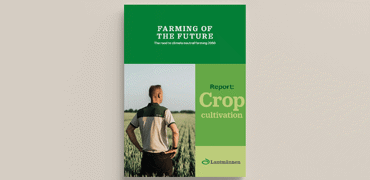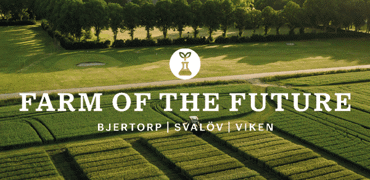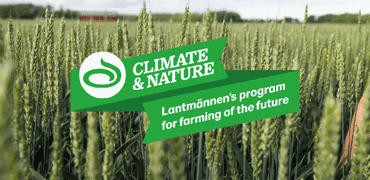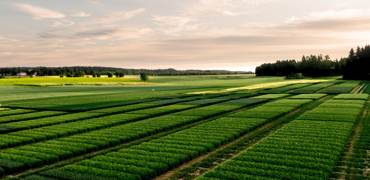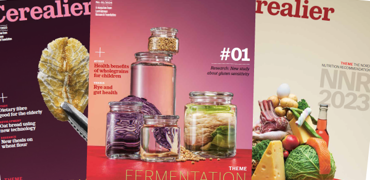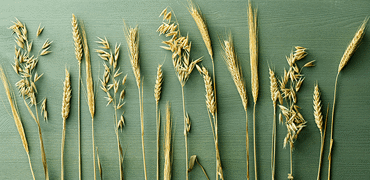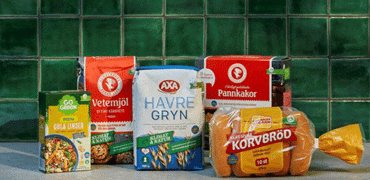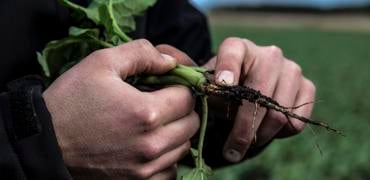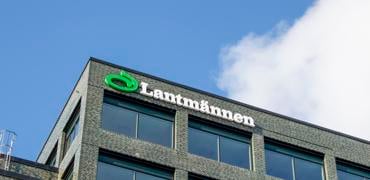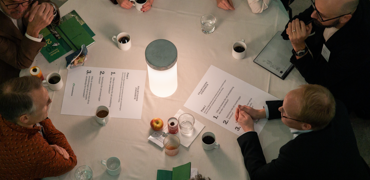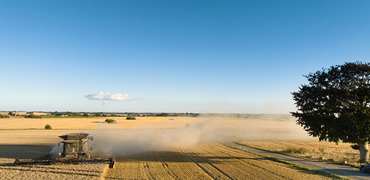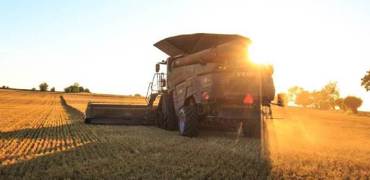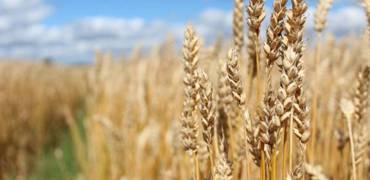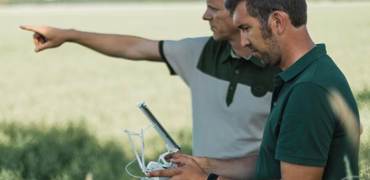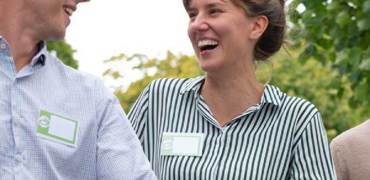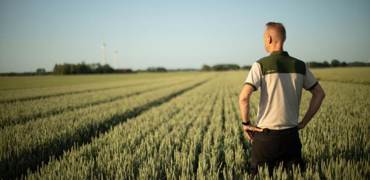The fossil-free beef production of the future is in Hagshult
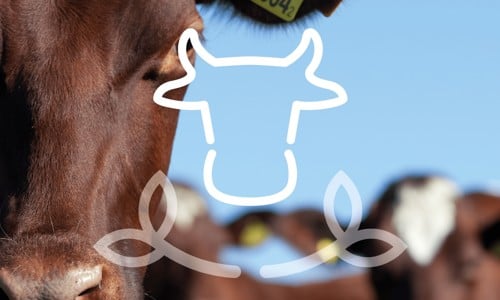
On 11 June, a new report was launched within Lantmännen's framework Farming of the Future. The report shows how the climate impact of beef production can be significantly reduced already today, while production and profitability go hand in hand. Here, Carl-Johan Bertilsson and Ulrica Björnhag talk about the analysis that has been done on their business Hagshultskossornas Kopensionat.
Our farm, Hagshultskossornas Kopensionat, is located in the highlands of Småland where we have been running for dairy cows that no longer produce enough milk since 2016. Here, the cows eat grass for a period of time and in the next step, turn into high-quality beef. On the farm, we work with new methods to reduce the climate impact of beef production and conduct intensive grassland cultivation where we strive to have as high of a harvest as possible on a limited area.
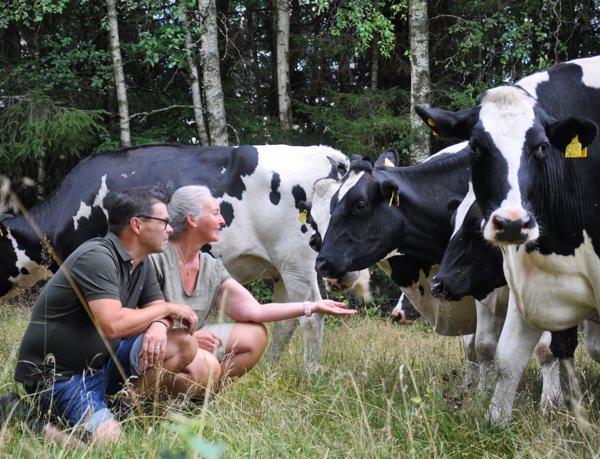
Ulrica and Carl-Johan has been working with the concept Recow since 2016.
The work to improve environmental sustainability goes hand in hand with social and economic sustainability. Therefore, it has been exciting, important, and fun to analyse our climate impact together with Lantmännen and get a number on how far we have come in that area. The report gives us the opportunity to show how profitability, sustainability and long-term thinking are linked and create new business opportunities and collaborations.
The fact that you can grow grass with new methods may not be well known, but it is a very important crop in Swedish food production. With the report, we want to show how it works in reality, and inspire how to produce meat in a modern and climate-smart way. There is a perception of agriculture as tiring, dirty and that you work all the time, but we show that it is possible to make it modern with technical solutions. We believe that modern, sustainable agriculture can attract new people to the green industries. Paying reasonable wages, working with good machinery, premises and clothes can attract young people. Social sustainability for us is about taking care of our staff and safeguarding reasonable working hours, parental leave and more.
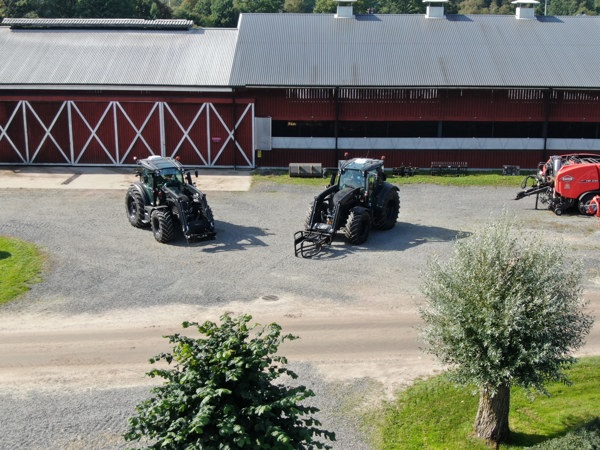
Machinery on the farm run on fossile free fuel from Energifabriken.
Converting a conventional farm to become fossil-free is easy today, there are alternative, bio-based fuels that are compatible with the machines and easy to obtain, there is plastic for silage handling with recycled raw materials, fossil-free fertilizer is available, albeit on a limited scale still. With the report, we show that you can access this already now if you are prepared to pay a little more. The cost provides a clear added value in the form of sustainability, which everyone in the food value chain must help to pay a little more for.
Our farm is climate certified in accordance with Svenskt Sigill. With the report, we have now calculated our emissions against Science Based Targets and our collaboration with Lantmännen has deepened. It is through various partnerships and larger contexts that we get an exchange on our ideas and can reach further. It is important that Lantmännen, as a large, commercial company, takes the lead on these issues, as the member-owned cooperative has a long-term perspective. The combination with our anchoring in the reality of the smaller farm makes the collaboration and conclusions strong.
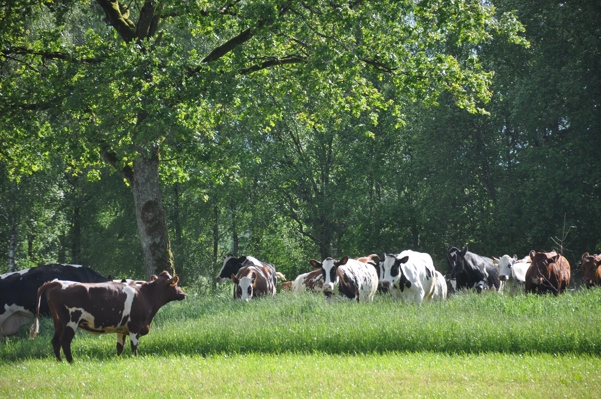
There are about 70 cows on the farm.
We share the vision of sustainable and profitable agriculture as it is described in Farming of the Future. Going forward, we will continue to challenge ourselves and others on how to do it. We will continue to prove that it is possible to work with both climate, profitability, and animal welfare at the same time. To charge for food and explain why it costs to produce it is an important responsibility to us. Read more about how we do this in the new report (in Swedish).






